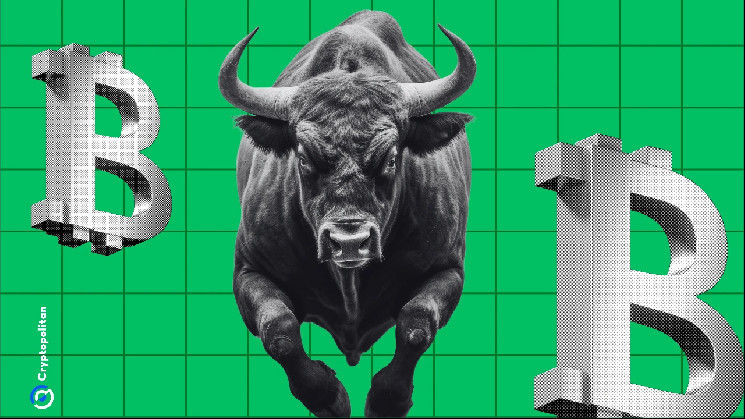Bitcoin (BTC) is inching closer to the $100K milestone in one of its biggest yearly rallies. This time, many retail investors missed out on the bull run.
Retail investors benefitted only partially from the biggest bull run in Bitcoin’s history. As the coin peaked to new highs above $98,500, the rally was led by the influence of whales. Retail holders only partially benefitted from the rally, as the number of small-scale wallets diminished in 2024.
The most numerous type of address, holding between $1 and $1,000 of BTC, diminished since the end of August. Those retail addresses reached 44.2M just before the market crash in August. Over time, these traders capitulated, after months of sideways trading with increased volatility.
Retail wallet count diminishes as ETF take over
As of November, the number of small-scale retail addresses is down to 42.99M. A total of 15,986 wallet holders sold their stash of under 1 BTC at a much lower price. The cohort owning 1-10 BTC decreased by 46,915 wallets, while another 114,034 wallets sold between 10 and 100 BTC.
After a protracted bear market, older retail wallets may have also capitulated, as BTC dipped to lows of $18,000. In 2024, BTC held above $40,000, yet retail holders liquidated at much lower prices.
One possible explanation for the low count of retail wallets is that new buyers may be going through the newly launched ETF. The ETF relies on Coinbase Custody, and is a solution for those that do not want to use a self-custodial wallet. Risk of loss and the need to learn wallet usage may be steering a new wave of retailers to owning BTC through a fund. Others may be holding BTC through exchanges, once again skewing the statistics.
The buyers included wallet holders with over 100 BTC. In 2024, whale wallets increased to a record, with strong demand from ETF and corporate buyers. The series of large-scale buys from MicroStrategy led to other corporations stating their goals to increase BTC holdings.
In addition to public purchases, whale accumulation continued silently for months. Retail traders were warned that the market shakedowns would transfer the coins to even bigger buyers. With BTC in the hands of whales, price action may shift as those companies believe BTC can trade at an even larger scale.
At the current stage, where BTC is just 1.5% rally away from $100K, both smart money and retail are showing bullish sentiment.
However, in the past months, crowd sentiment was more bearish, and some holders realized gains at a lower price. Volatility and drawdowns convinced retail holders to sell, despite warnings that their coins would be held by whales, appreciating to a new price level.
Among older holders, the cohort with wallets aged 5-7 years was among the most active sellers in the past month. Older whales did not move their coins, despite the occasional transfer from early miner wallets. However, that amount of selling was not enough to stall the BTC rally.
Is BTC experiencing a supply shock?
BTC exchange reserves have been declining in 2024, as whales withdrew coins to more secure wallets. The supply of BTC on exchanges is at a six-year low, with a steady decline since January.
Centralized markets hold a total of 2.3M BTC, pointing to more dedicated holders preparing to hold for an even longer time horizon. The supply of BTC on exchanges usually increases during a bull run, as a preparation for selling. However, this bull run has shown a different strategy, as accumulation continues even at near-record prices.
Additionally, an estimated 4M BTC are held for the long term, or possibly lost. This includes the initial mined coins of Satoshi Nakamoto. Miners hold an extra 2M BTC even after selling. Overall, the supply of 19.7M BTC is not readily available.
BlackRock, after months of net buying and accumulation, holds 449,965 BTC, with the potential to take more coins off the market. Actually holding self-custodied BTC is becoming even more rare and riskier. BTC on-chain transactions are also slowing down, as the coin is used for reserves and long-term holding.
 cryptopolitan.com
cryptopolitan.com
